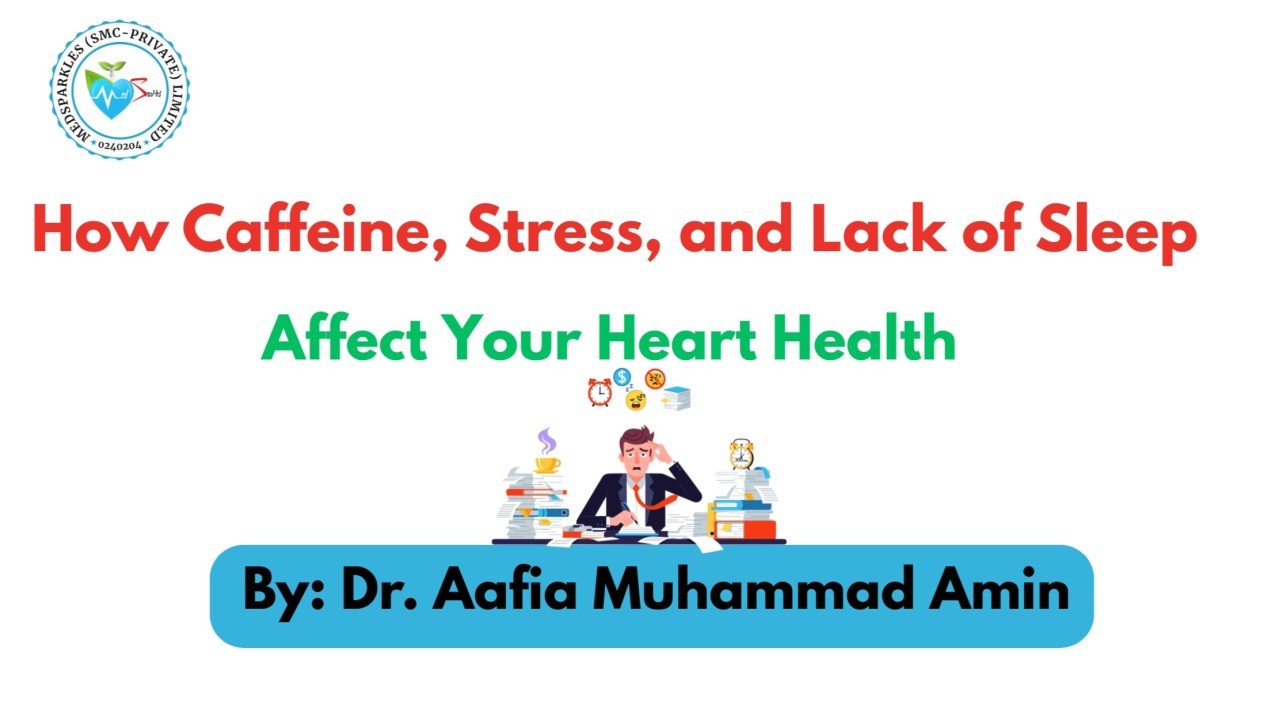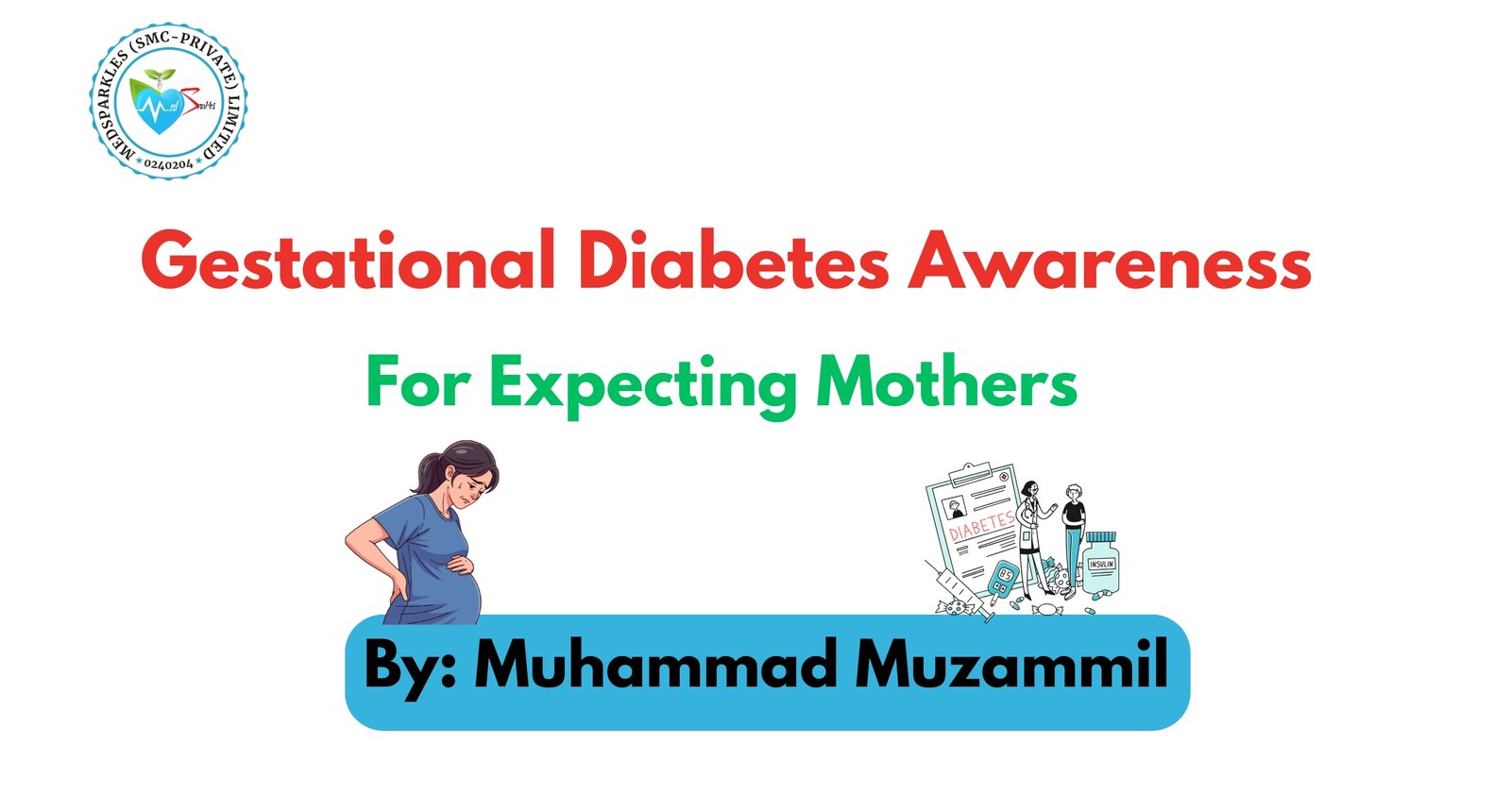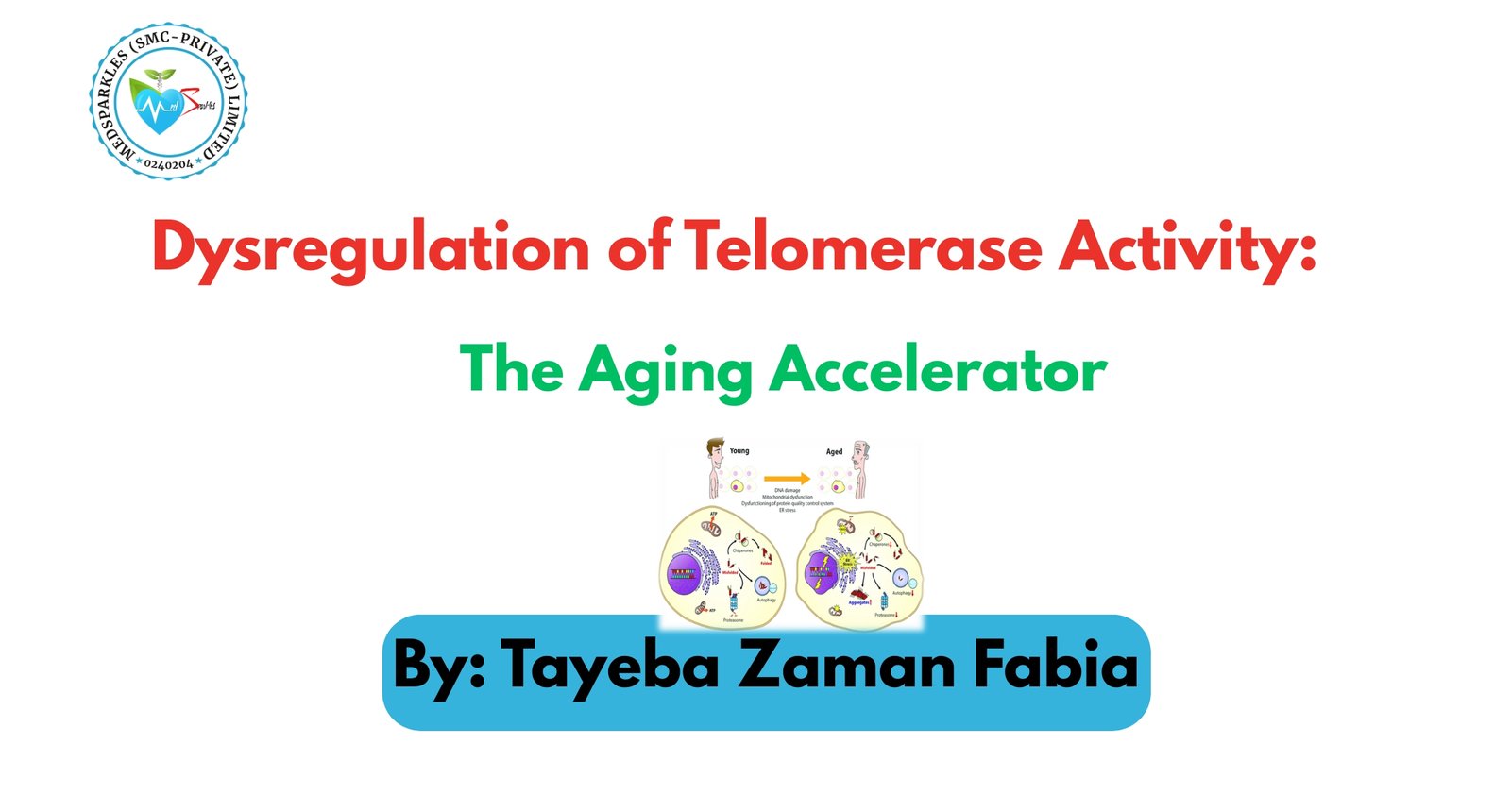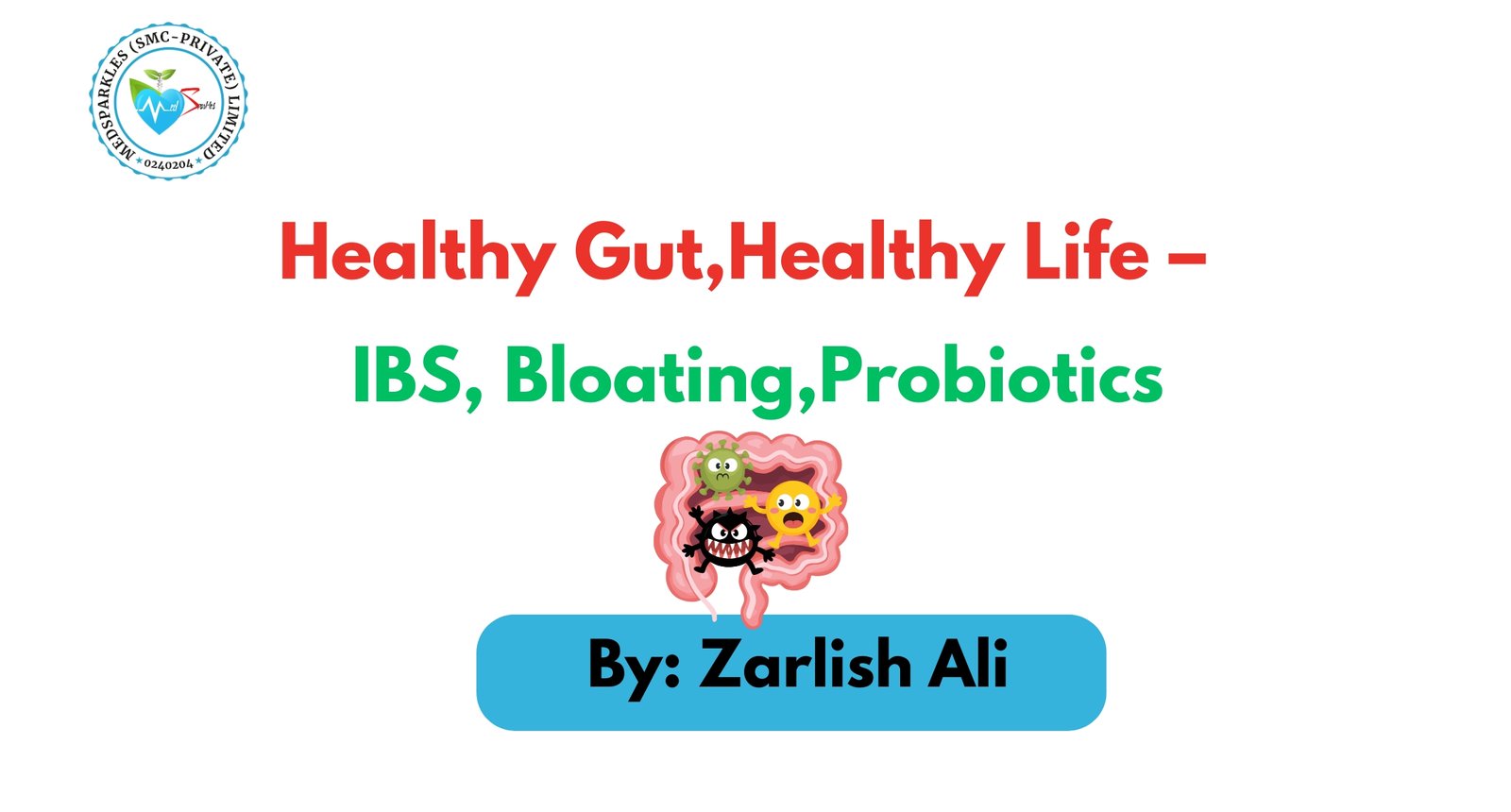In the ever-expanding landscape of healthcare, the pharmacist is no longer confined to dispensing medicines behind the counter. Today, pharmacists stand as pivotal figures in public health—bridging access, awareness, and action. With screening and early detection services becoming vital in mitigating chronic disease burdens, the pharmacy has evolved into a frontline health checkpoint.
The Changing Face of Pharmacy
Patients now visit pharmacies not just for medications, but for insights into their health. From blood pressure checks to blood glucose screenings, pharmacists are redefining what it means to engage in preventive care. These touchpoints often serve as a gateway—guiding patients toward timely intervention before symptoms escalate.
What Is Health Screening?

Health screening refers to the process of identifying potential health issues before they manifest as visible symptoms. This proactive approach allows individuals to manage their health better and prevent complications. Pharmacists, due to their accessibility and training, are ideally placed to carry out basic screening protocols. Through quick, non-invasive, and cost-effective assessments, such as blood pressure checks, blood glucose testing, or mental health questionnaires, pharmacists can uncover hidden risk factors early on. These screenings not only empower individuals to make informed health decisions but also enable timely medical referrals that can significantly reduce long-term complications. As a cornerstone of preventive care, health screening transforms the healthcare experience from reactive treatment to proactive protection—placing pharmacists at the heart of early detection and public health advancement.
The Pharmacist’s Screening Toolkit

Pharmacists can provide a wide array of health checks, including:
- Blood pressure monitoring
- Blood glucose testing
- Lipid/cholesterol profiling
- BMI and waist circumference measurements
- Smoking cessation consultations
- Mental health questionnaires
These services often require minimal equipment, are cost-effective, and provide fast results—making them ideal for community-based care.
From Early Signs to Medical Action

While pharmacists do not diagnose conditions, their role in recognizing abnormal findings is crucial. For instance, a hypertensive reading or a high glucose result prompts immediate referral to a physician. This swift action can lead to earlier diagnosis and better outcomes.
“A 45-year-old patient visiting for a routine refill was found to have a BP of 170/100. That screening likely prevented a future stroke.”
Why It Matters: A Public Health Imperative
Non-communicable diseases (NCDs) such as diabetes and hypertension often remain silent until severe. Pharmacy-based screenings can intercept these conditions early, improving both individual outcomes and reducing long-term healthcare costs. Studies show pharmacy interventions improve early detection rates by up to 30%.
Collaboration Is Key
Successful screening programs rely on integrated care. Pharmacists must communicate findings effectively with physicians, dietitians, and other healthcare professionals. Shared care models and digital health records enhance continuity and patient outcomes.
Looking Forward: A Preventive Revolution
Pharmacists are no longer reactive dispensers. We are proactive gatekeepers, educators, and allies in the fight against undiagnosed illness. As healthcare shifts toward prevention, our role in screening will only deepen.
“Ask your local pharmacist about available health screenings—one simple check could change everything.”
Frequently asked Questions:
What is the difference between screening and diagnosis?
Screening involves checking for potential health issues before symptoms appear, aiming for early detection. Diagnosis is a detailed process carried out by a doctor to confirm the presence of a disease based on clinical evidence, tests, and examinations.
Why is early screening important?
Early screening allows for the identification of risk factors or diseases at an early stage, when they are more manageable or reversible. It reduces long-term complications, healthcare costs, and improves patient outcomes.
Are pharmacy screenings accurate?
Yes, pharmacy-based screenings use clinically validated tools and procedures. While they are not a substitute for a full medical diagnosis, they provide accurate initial indicators that can prompt further medical evaluation.
What conditions can pharmacists screen for?
Common conditions include:
- High blood pressure (Hypertension)
- Type 2 Diabetes
- High cholesterol
- Obesity
- Asthma and COPD risk
- Mental health concerns (depression, anxiety)
- Cancer
How often should I get health screenings?
It depends on your age, health status, and risk factors. As a general guideline, adults should have their blood pressure checked at least once a year and other risk screenings every 1–3 years or as recommended by a healthcare professional.
Can pharmacists perform health screenings?
Yes, pharmacists are increasingly trained and authorized to conduct basic health screenings.
These may include blood pressure checks, blood glucose monitoring, cholesterol testing, BMI assessments, and mental health questionnaires. These services help identify potential health risks early.
Can a pharmacist diagnose diseases?
No. Pharmacists conduct screenings to identify risk. Diagnosis is completed by a physician following further assessment and testing.
What should I do if my pharmacy screening shows abnormal results?
Your pharmacist will guide you on next steps, which typically includes a referral to your doctor for further evaluation.







1 Comment.
I want to learn this course